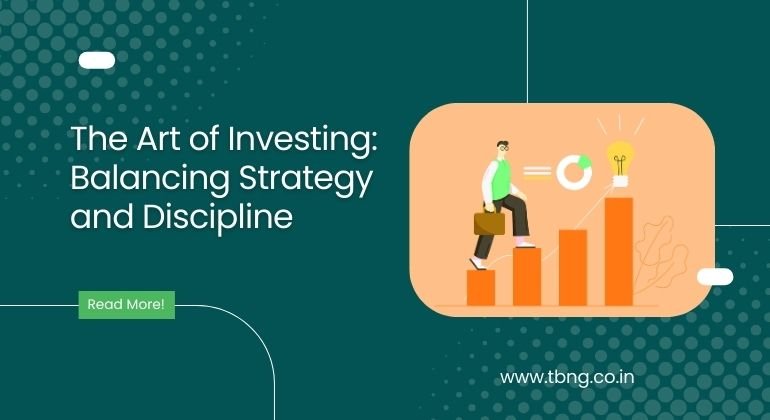The Art of Investing: Balancing Strategy and Discipline
We recently had the privilege of hosting Mr. Pankaj Tibrewal, Founder & CIO, Ikigai Asset Manager in one of our insightful masterclasses. His deep expertise and engaging delivery left us with numerous valuable lessons that we believe will greatly benefit investors. Below, we’ve highlighted some of the key takeaways from this enriching session.
Portfolio Construction vs. Stock Selection
While picking the right stocks is vital, it’s not the whole picture. Stock selection involves identifying businesses with sound fundamentals, consistent cash flows, and growth potential. However, even the most promising stocks can underperform if a portfolio is unbalanced.
Building a portfolio entails designing a framework that balances risk and complements your financial objectives. You can lessen the impact of downturns by distributing your investments across a number of industries, regions, and asset classes. This also ensures your portfolio remains aligned with your risk tolerance and time horizon, providing the stability needed to stay invested during challenging times.
The Power of Emotional Quotient (EQ)
Investment decisions are often swayed by emotions like fear and greed, especially during periods of high volatility. Emotional Quotient (EQ) plays a vital role in managing these reactions. While intelligence and data-driven analysis are important, an investor’s ability to stay calm and rational often makes the difference between success and failure.
For instance, fear might lead you to sell assets during a market dip, locking in losses, while greed might tempt you to chase overvalued trends, increasing risk exposure. Developing EQ means practicing patience and sticking to a predefined strategy, such as dollar-cost averaging or systematic investment plans (SIPs), which enforce discipline and reduce the influence of short-term market noise.
Forensic Financial Analysis and Identifying Red Flags
Thoroughly analysing financial statements can reveal hidden risks. A critical metric is the convergence between operating profit and cash flow from operations (CFO). If the CFO is consistently less than 70% of operating profit, it could indicate earnings manipulation or unsustainable business practices.
Equally important is assessing a company’s management. The integrity, decision-making, and financial discipline of promoters often dictate a company’s long-term success. Reviewing governance practices, historical performance, and management behaviour during past crises can provide valuable insights into their reliability.
Building Resilience Through Fundamentals
Strong companies with resilient balance sheets and prudent financial management tend to outperform during downturns. These businesses often maintain liquidity, avoid excessive debt, and demonstrate the ability to adapt to changing environments. For investors, targeting businesses with a Return on Capital Employed (ROCE) of 15-20% is a good starting point. When ROCE surpasses 25-30%, it indicates robust profitability, but a careful evaluation of growth sustainability is essential.
A Holistic Approach to Long-Term Success
Investing is as much about preparation and consistency as it is about strategy. By combining technical knowledge with emotional discipline, Indian investors can create portfolios that weather market turbulence and deliver sustainable growth. Remember, successful investing isn’t about reacting to every market movement—it’s about staying true to a well-defined plan and trusting the process over time.

